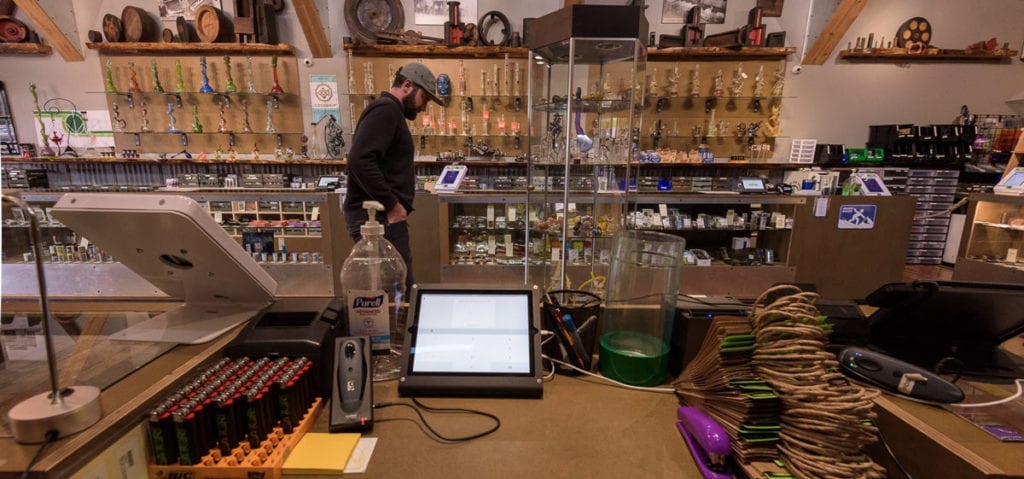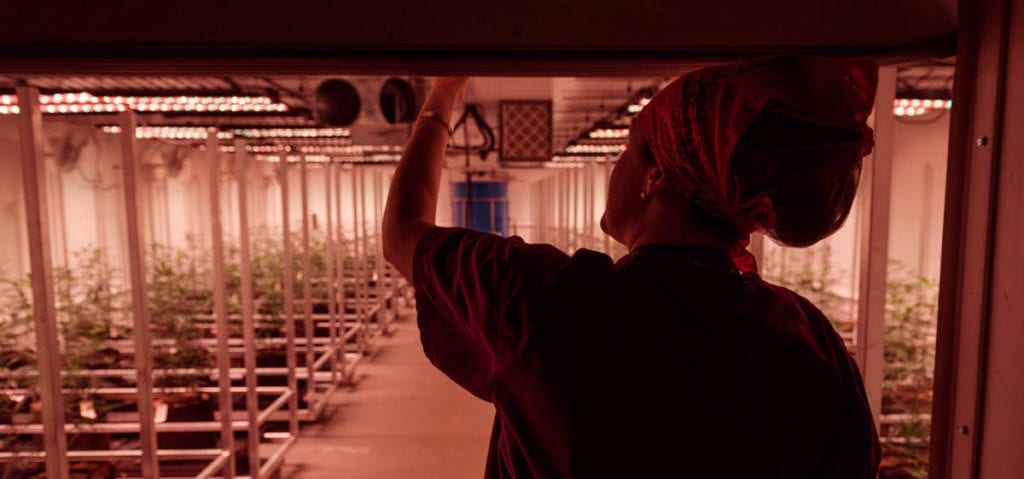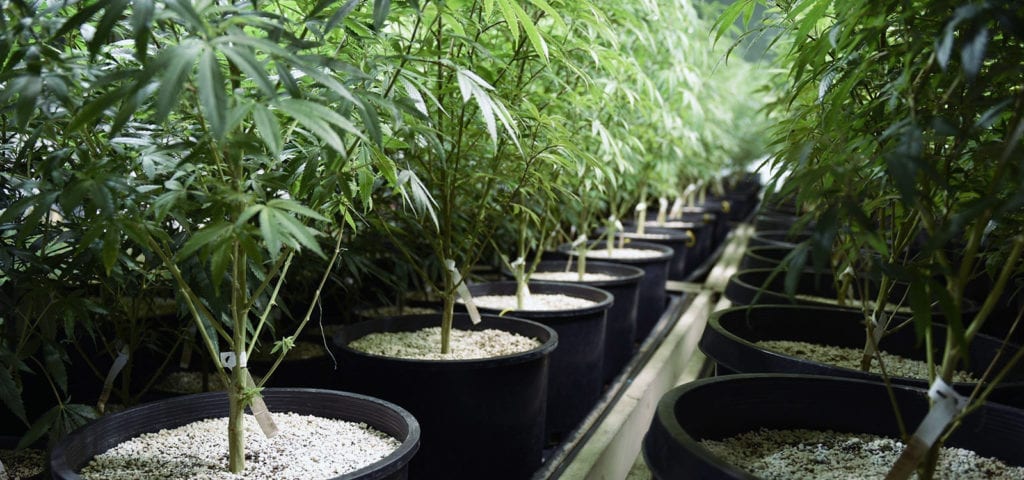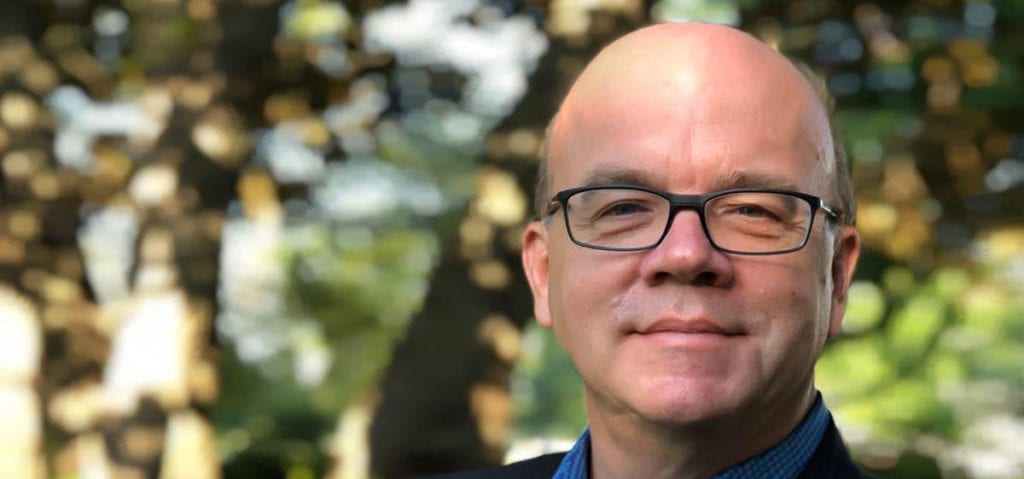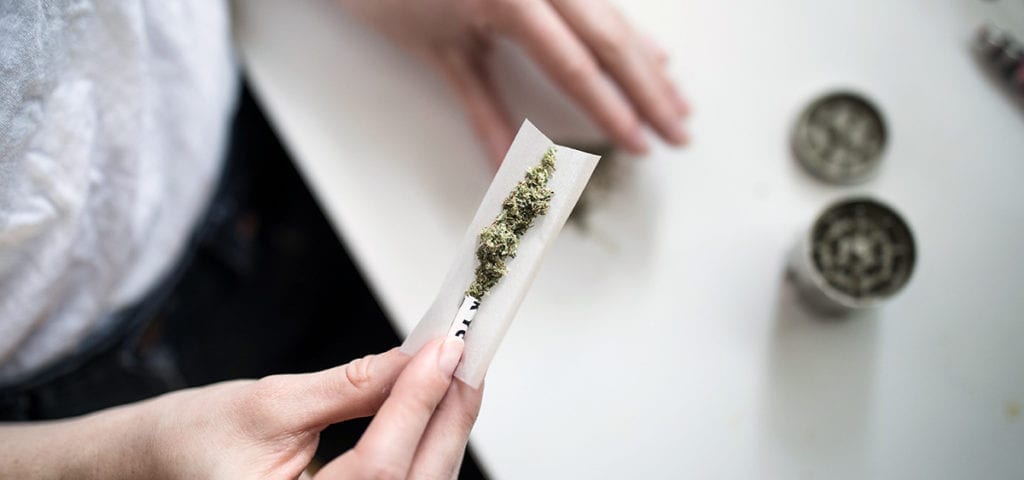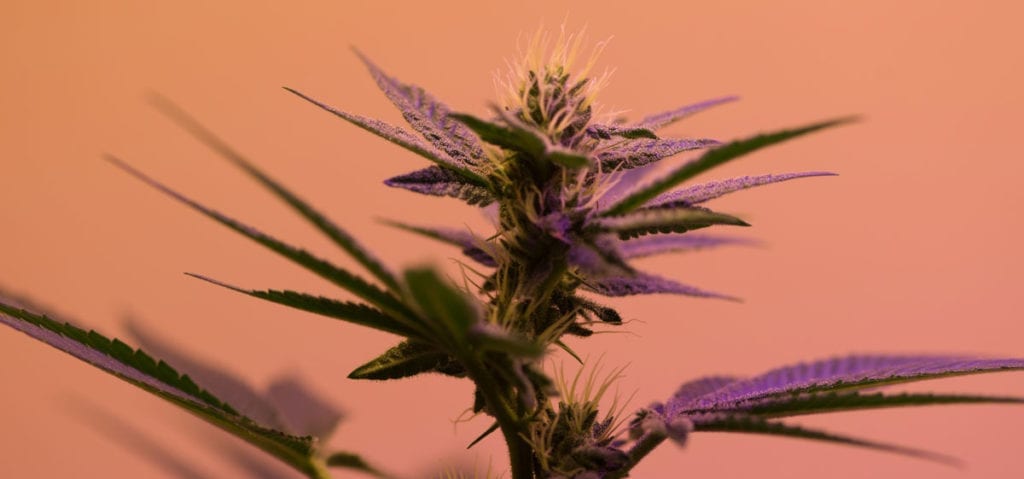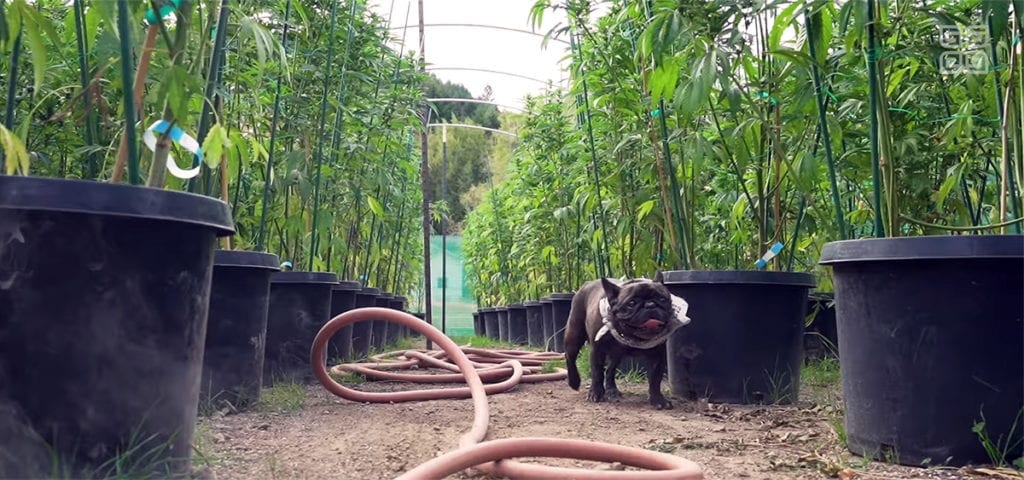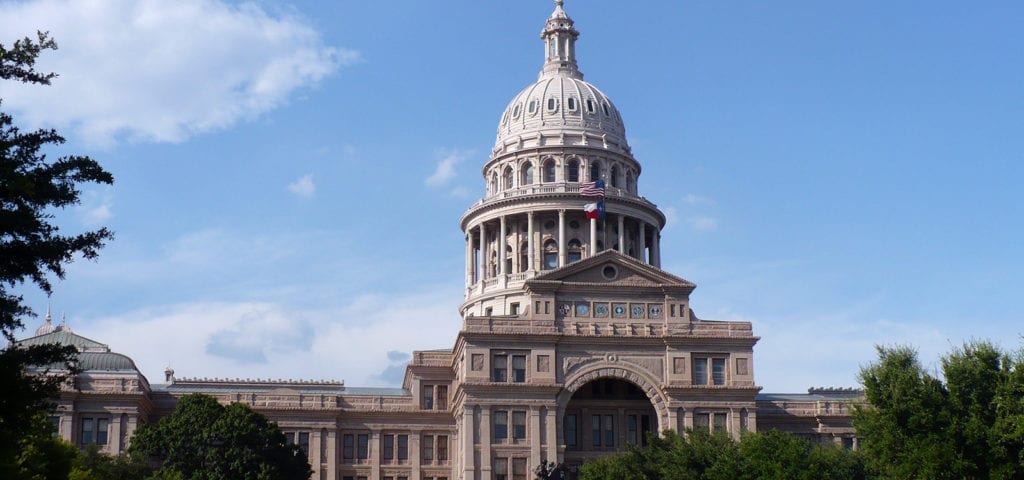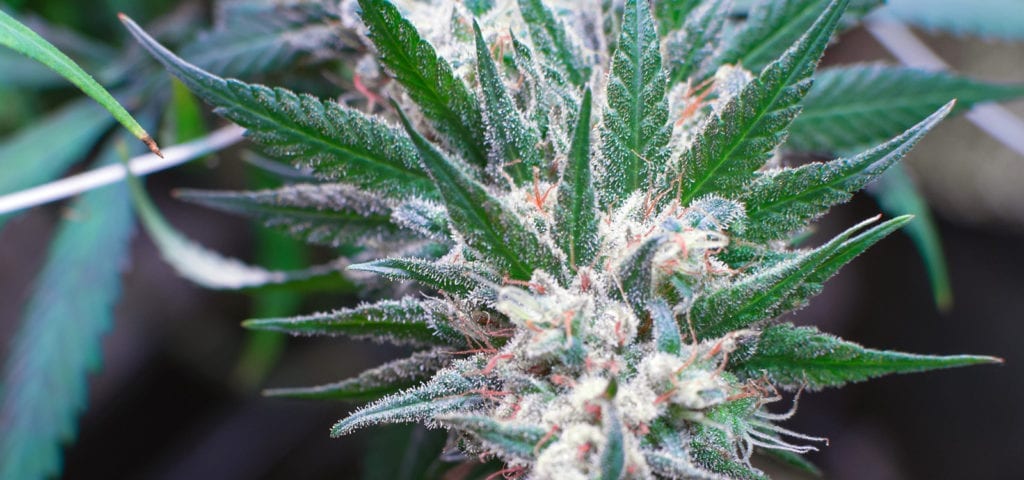Denver, CO – November 19, 2018 — Cova, the company behind the cannabis industry’s most robust point-of-sale (POS) solution, has raised $8 million in an initial fundraising round with Golden Opportunities Fund (“Golden”), managed by Westcap Mgt. Ltd. (“Westcap”).
Founded in 2016, Cova has designed and built purpose-driven POS and retail management solutions that power a complete end-to-end customer experience for cannabis retailers.
“All of Cova is excited about the opportunity to accelerate our growth with this investment from Golden Opportunities Fund, who have been great to work with,” says Gary Cohen, CEO of Cova. “We’ll leverage these funds to continue building the industry’s leading cannabis retail software platform while selectively expanding our North American footprint.”
The new funding will be used to accelerate further product development and enhancements to build upon Cova’s current industry-leading capabilities ranging from pioneering offline transaction handling, express self-service checkout, looping prevention, dashboard-based reporting and analytics, 99.98% uptime, and more.
“Cova exemplifies the type of investment that we target in a company with a proven track record of success, significant business opportunities in an emerging market and a highly experienced management team that we have a strong history with,” comments Grant Kook, President and CEO of Golden. “This investment also complements the strategic positioning of Golden’s portfolio to focus on innovation.”
Discover Cova’s full product suite by visiting www.covasoftware.com.
About Cova
Cova is the leading POS solution in the cannabis industry. The Cova team’s relentless pursuit of creating the industry’s first lovable POS has led to solutions that help retailers simplify compliance, reduce operational costs, and increase revenue through automated compliance, inventory management, mobile reporting dashboards, and Cova’s Express Checkout app. With a growing network of cannabis industry partners including Baker, I Heart Jane, greenRush, springbig, Bud Bytes, and Budvue, Cova’s seamless tech ecosystem gives retailers access to the best tools available to run their business. Cova’s offices are located in Denver, CO, Vancouver, BC, and Regina, SK.
Learn more at www.covasoftware.com.
About Golden Opportunities Fund Inc.
Golden is the first and longest-standing Provincial Retail Venture Capital Fund in Saskatchewan founded 20 years ago. The Fund is managed by Westcap, a leading private equity and venture capital fund manager for over 25 years that has completed over $1 billion in transactions in more than 200 growth companies.
Learn more at GoldenOpportunities.ca or WestcapMgt.ca.
For further information, please contact:
Faai Steuer
Director of Marketing | Cova
Phone: 888.888.8170 ext 1808
Email: Faai@covasoftware.com
End

